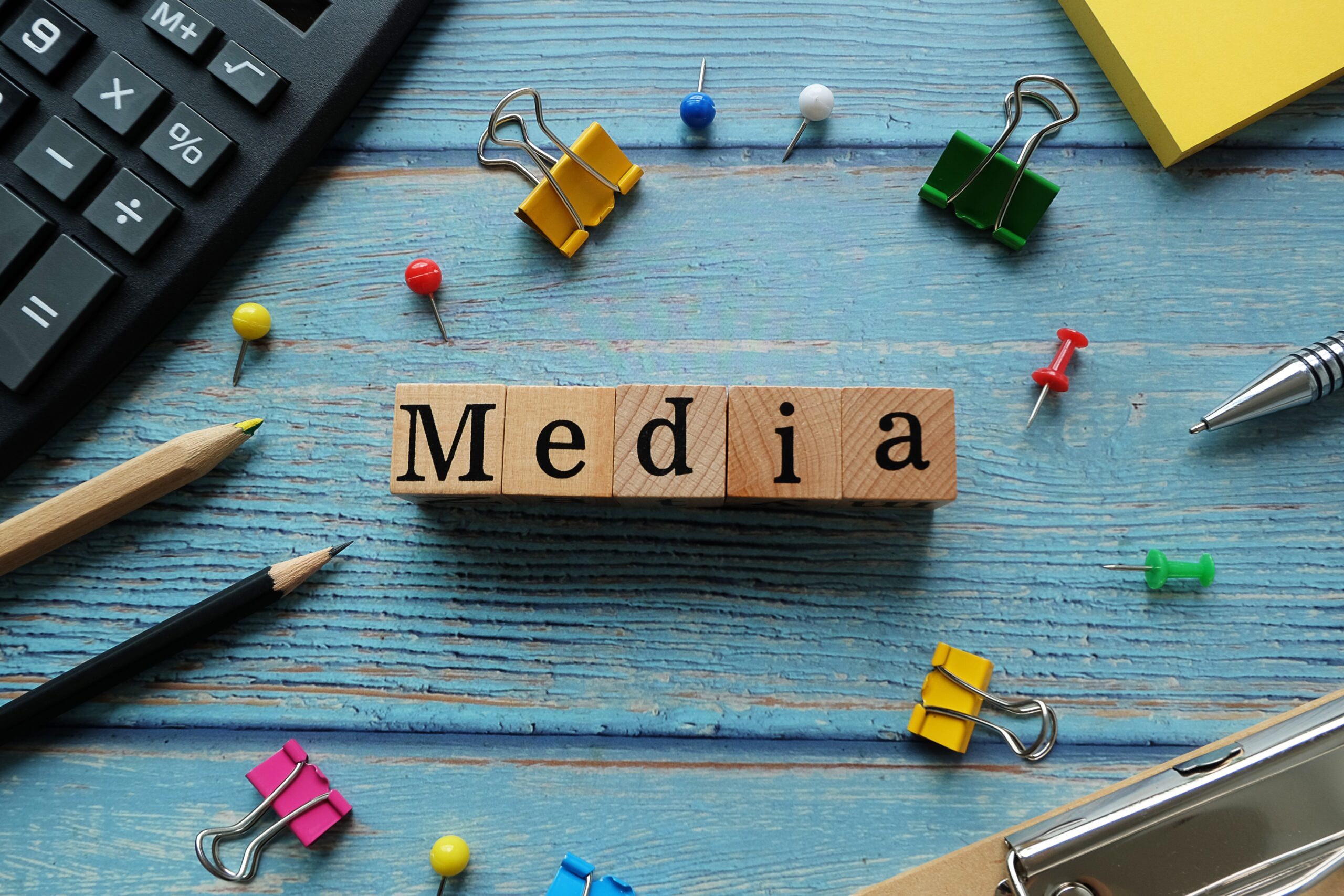Media personalities hold significant influence over public opinion, especially during conflicts. Their ability to shape narratives, disseminate information, and mobilize audiences places a substantial responsibility on their shoulders. This article delves into the role of media personalities during conflicts, examining their impact on public perception, the ethical considerations they must navigate, and their broader social responsibilities.
Influence on Public Perception
Media personalities, including journalists, broadcasters, and influencers, play a pivotal role in shaping public perception during conflicts. Their platforms often reach millions, and their opinions and reporting can sway public sentiment in profound ways. This influence can be both positive and negative, depending on how responsibly they wield it.
- Framing the Narrative: Media personalities can frame conflicts in particular ways, highlighting certain aspects while downplaying others. This framing can influence public understanding and attitudes towards the conflict, its causes, and its participants. For example, emphasizing humanitarian crises can generate empathy and support for intervention, while focusing on the political dimensions may lead to calls for diplomatic solutions.
- Agenda Setting: By choosing which stories to cover and how to cover them, media personalities can set the public agenda. They can bring attention to underreported conflicts or amplify certain voices and perspectives, thereby shaping the discourse. This power to set the agenda underscores the need for responsible and balanced reporting.
- Creating Echo Chambers: In the age of social media, media personalities can create echo chambers where audiences are exposed primarily to viewpoints that reinforce their existing beliefs. This can exacerbate polarization and hinder constructive dialogue. Media personalities must therefore strive to present balanced viewpoints and foster critical thinking among their audiences.
Ethical Considerations
The power of media personalities comes with significant ethical responsibilities. They must navigate a complex landscape of truth, bias, and impact, making decisions that can have far-reaching consequences.
- Accuracy and Fact-Checking: Media personalities must prioritize accuracy and rigorously fact-check their information. Inaccurate reporting can mislead the public and exacerbate conflicts. The proliferation of misinformation and disinformation, especially during conflicts, makes this an even more critical task.
- Impartiality and Bias: Maintaining impartiality is challenging but essential. Media personalities should strive to present all sides of a conflict fairly and avoid letting personal biases color their reporting. This is particularly important in conflicts where information can be highly politicized and contentious.
- Sensitivity to Impact: The way conflicts are reported can have real-world consequences. Sensationalist reporting can incite violence, while compassionate storytelling can mobilize humanitarian aid. Media personalities must be sensitive to the potential impact of their work and consider the broader implications of their reporting.
Social Responsibilities
Beyond ethical considerations, media personalities have broader social responsibilities during conflicts. Their role extends beyond mere reporting to include advocacy, education, and fostering dialogue.
- Advocacy and Humanitarianism: Media personalities can leverage their platforms to advocate for peace and humanitarian assistance. By highlighting the human cost of conflicts and promoting solutions, they can mobilize public support for initiatives that alleviate suffering and promote peace.
- Educating the Public: Conflicts are often complex, with deep historical and socio-political roots. Media personalities can play a crucial role in educating the public about these complexities, providing context that helps audiences understand the underlying causes and potential solutions.
- Fostering Dialogue and Reconciliation: Media personalities can facilitate dialogue and reconciliation by providing platforms for diverse voices and promoting understanding. This involves not only reporting on the conflict but also highlighting efforts at peacebuilding and conflict resolution.
Case Studies
Examining specific instances where media personalities have impacted conflicts can illustrate these points more concretely.
- The Arab Spring: During the Arab Spring, media personalities and citizen journalists played a critical role in documenting protests and government responses. Their reporting helped galvanize international support and brought global attention to the movements. However, the spread of unverified information also led to confusion and misinformation in some instances.
- The Rohingya Crisis: Media coverage of the Rohingya crisis in Myanmar brought international attention to the plight of the Rohingya people. Journalists and media personalities who reported on the atrocities faced significant risks but were crucial in raising awareness and prompting international responses. Their work highlighted the importance of courage and commitment to truth in conflict reporting.
- The Ukraine Conflict: Media coverage of the conflict in Ukraine has been instrumental in shaping international perceptions and responses. Media personalities have had to navigate a highly polarized environment, with significant propaganda efforts on all sides. Their work underscores the challenges of maintaining impartiality and accuracy in the face of intense political pressures.
Conclusion
The impact of media personalities during conflicts is profound and multifaceted. They have the power to shape public perception, influence policy, and drive humanitarian efforts. However, this power comes with significant responsibilities. Media personalities must navigate ethical considerations, prioritize accuracy, and consider the broader social impact of their work. By doing so, they can contribute to more informed, compassionate, and constructive public discourse during conflicts.

